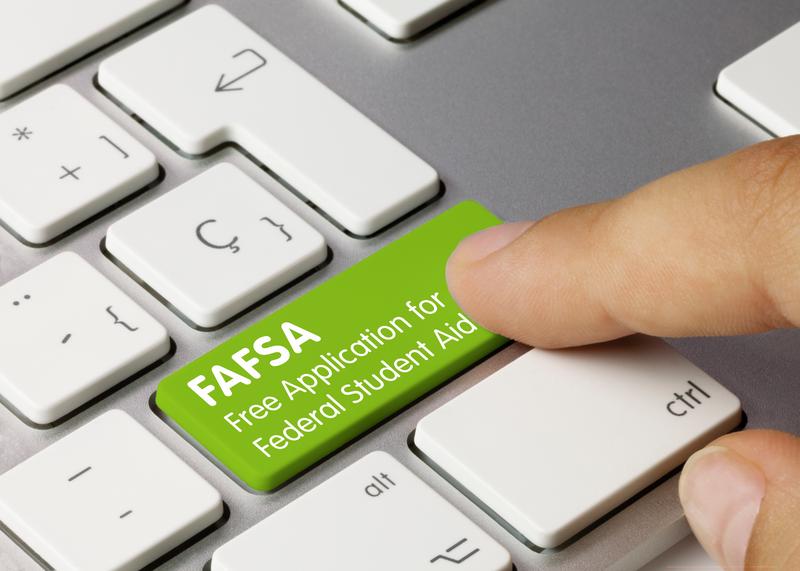Oh, the FAFSA - the Free Application for Federal Student Aid. Aren’t there enough things to worry about during senior year? Although the stress is understandable, it’s vital that seniors
fill out the FAFSA, and doing so may be less tricky than you expected!
Here are some tips about the FAFSA that can help you in your process.
FAFSA Tips You Might Not Know – But Should
Every Senior Should Fill out a FAFSA - Even Those who Think They Won’t Qualify for Financial Aid
Every
high school senior (and their family) needs to fill out a FAFSA as soon as they can - even if they think they make too much money to be eligible for financial aid. For starters, you might be pleasantly surprised by the amount of aid you receive. There is really nothing to lose!
Even if you aren’t eligible for need-based aid, you might need to fill out the application to be eligible for various
merit-based scholarships. Overall, it’s always a good idea to complete the application. Plus, following these other tips, it can be a relatively easy process.
Send Your FAFSA to Schools You’re Considering
Not sure which college or university you’ll be attending yet? That’s alright - if you’re unsure, the FAFSA allows students to add up to ten schools to receive their application.
Considering that the application opens October 1st, (and it’s best to complete it as soon as possible), many students will not know which school they’ll be attending - this is completely normal and is no cause for concern!
At this point, you still have plenty of time to
commit to a school. Just add the schools you’re applying to (or your top ten, if your list has more than ten schools.)
The FAFSA Considers Both the Student’s and Parents’ Financial Profile
Your eligibility for aid isn’t just dependent on just your parents’ financial profile - if you have considerable assets or a large sum of money, you’ll be expected to contribute a good deal of it. The only exception to this is if you’re considered an
independent student - a student who is twenty-four or older, legally emancipated, married, has dependents, is a veteran of the U.S. armed services, or has been in foster care or a ward of the court.
This can be a good thing to keep in mind if you work as a student. Your income will also be included in the financial profile and can decrease your likelihood of receiving
federal aid and grants.
The FAFSA Requires Many Documents - Make Sure you Come Prepared!
Nothing is worse than getting ready to complete your FAFSA at your local school and then realizing that you don’t have all the required information! Make sure to double and triple check that you have with you all
needed documents.
Generally, completing the application will require you to have access to your social security number, driver’s license, W-2 forms, federal income tax return, current bank statements, records of other investments, business or farm records, and, if applicable, your alien registration number.
Also make sure that you know the codes for the schools you would like to receive your application! You’ll need to have the code exactly correct in order for the school to receive your application.
Consider Checking to See if Your School has a “FAFSA Night”
Many schools have a
financial aid night, dedicated to helping students and their parents complete essential financial aid forms like the FAFSA. Completing the form by yourself can be frustrating, but having the help of someone more experienced, like a high school counselor, can expedite the process considerably.
Some schools have several
FAFSA completion events throughout the year in case you miss the first one! Even if your school doesn’t offer this, a local organization might be able to assist.
By following this advice, you’ll be able to
simplify the application process and ensure that you will receive any need-based aid you qualify for, as well as merit-based scholarships offered by your school. Bottom line, the FAFSA is important, but it doesn’t have to be confusing!
Have any more questions about the FAFSA? Consult this
FAFSA guide to learn even more about the application process.
Don’t forget - the FAFSA opens on October 1st! Get ready and get your application in to maximize your chances of receiving federal aid.
